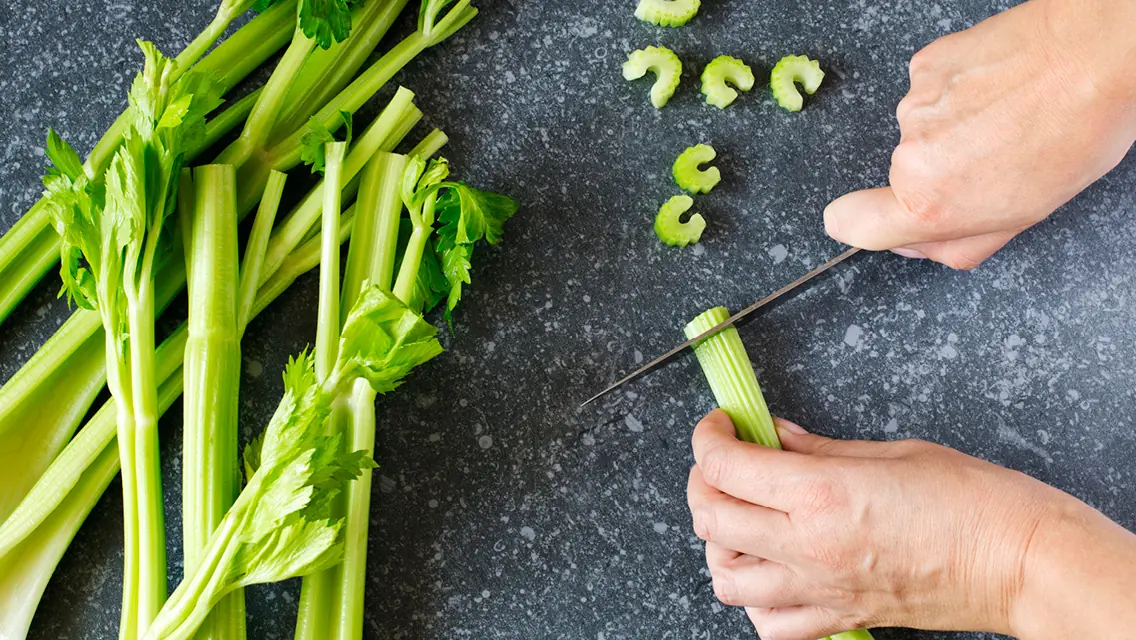
Is Cancer Hereditary? Helpful Tips to Prevent the Growth of Cancer Cells
Cancer is one of the leading causes of death worldwide, and it remains a subject of intense research and debate. One of the most common questions surrounding cancer is whether it is hereditary or if it can be passed down through generations. The simple answer is that while genetics can play a significant role in the development of certain cancers, lifestyle choices and environmental factors are just as important. This article will explore the connection between heredity and cancer, as well as provide practical advice on how to reduce the risk of cancer development.
The Role of Genetics in Cancer
Cancer is caused by mutations in the DNA of cells. These mutations can lead to uncontrolled cell growth, forming tumors that can spread to other parts of the body. While many of these mutations occur spontaneously due to environmental factors like smoking, sun exposure, or pollution, some mutations are inherited from our parents.
Inherited genetic mutations are responsible for about 5-10% of all cancers. Certain genes, such as BRCA1 and BRCA2, are well known for increasing the risk of breast and ovarian cancers. Individuals who inherit these mutations from one or both parents have a higher likelihood of developing cancer. For example, women with BRCA1 or BRCA2 mutations have a significantly increased risk of developing breast cancer, sometimes as high as 70-80%. Other genetic mutations associated with higher cancer risk include those linked to colon, prostate, and lung cancers.
However, not everyone who inherits a genetic mutation will develop cancer. The presence of a genetic mutation increases risk but does not guarantee that cancer will develop. Environmental factors, lifestyle choices, and even luck can play a significant role in whether cancer actually develops in an individual with a genetic predisposition.
How to Prevent Cancer Growth
While genetic factors cannot be changed, there are several lifestyle changes and preventive measures that can reduce the risk of developing cancer, even for individuals with a family history of the disease. Below are some helpful tips to prevent cancer cells from growing:
-
Adopt a Healthy Diet
A healthy diet rich in fruits, vegetables, whole grains, and lean proteins can help maintain a strong immune system and reduce the risk of cancer. Foods high in antioxidants, such as berries, leafy greens, and nuts, have been shown to protect cells from oxidative damage, which can lead to mutations. Additionally, limiting processed meats and foods high in sugar and fat can reduce the risk of cancers such as colorectal cancer. -
Exercise Regularly
Physical activity is one of the most effective ways to reduce cancer risk. Regular exercise helps maintain a healthy weight, balance hormone levels, and improve immune function. Studies have shown that individuals who engage in at least 30 minutes of moderate exercise most days of the week have a lower risk of developing cancers such as breast, colon, and endometrial cancer. Exercise also helps reduce inflammation in the body, which is linked to cancer progression. -
Avoid Smoking and Limit Alcohol Consumption
Tobacco use is one of the leading causes of cancer, particularly lung, throat, and mouth cancers. Quitting smoking significantly reduces the risk of developing these cancers, as well as others like bladder and kidney cancer. Additionally, excessive alcohol consumption has been linked to cancers of the liver, mouth, throat, and breast. Limiting alcohol intake to moderate levels can reduce the risk of these cancers. -
Protect Your Skin
Skin cancer is one of the most common types of cancer, but it is also one of the most preventable. Exposure to ultraviolet (UV) radiation from the sun and tanning beds can increase the risk of developing skin cancer, including melanoma. To protect your skin, always use sunscreen with a high SPF, wear protective clothing, and avoid excessive sun exposure, especially during peak hours (10 a.m. to 4 p.m.). -
Get Regular Check-ups and Screenings
Early detection is critical for effective cancer treatment. Regular screenings for cancers such as breast, cervical, and colorectal cancer can help identify abnormalities or early signs of cancer before symptoms appear. For individuals with a family history of cancer, genetic counseling and testing may be advisable to determine the presence of inherited mutations and take proactive measures.
Conclusion
While cancer can be influenced by genetic factors, it is not solely determined by our DNA. A combination of lifestyle choices, environmental factors, and genetic predisposition contribute to cancer risk. Although we cannot change our genetic makeup, we can take steps to reduce our risk by adopting a healthy lifestyle, avoiding harmful substances, and getting regular health screenings. By making informed choices, we can significantly reduce the chances of developing cancer and improve our overall well-being. It is crucial to remember that while we cannot control everything, prevention and early detection are our most powerful tools in the fight against cancer.
News in the same category

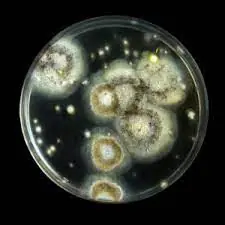
Mold Illness: What It Is, Hidden Signs, and How to Protect Your Home

80% of Heart Attacks Are Preventable: Embrace These 5 Simple Habits
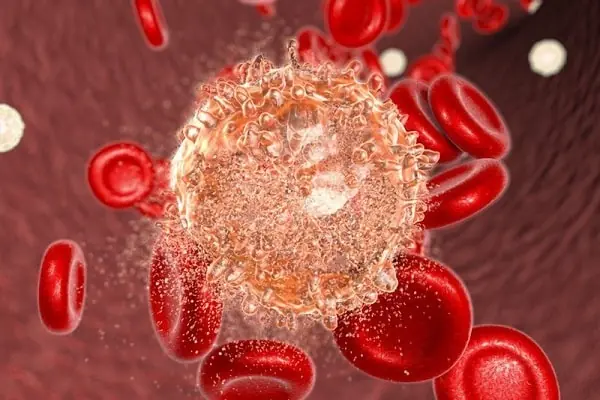
Warning from Hospitals: Eating This Type of Meat Every Day Can Increase Cancer Risk – Don’t Be Complacent!
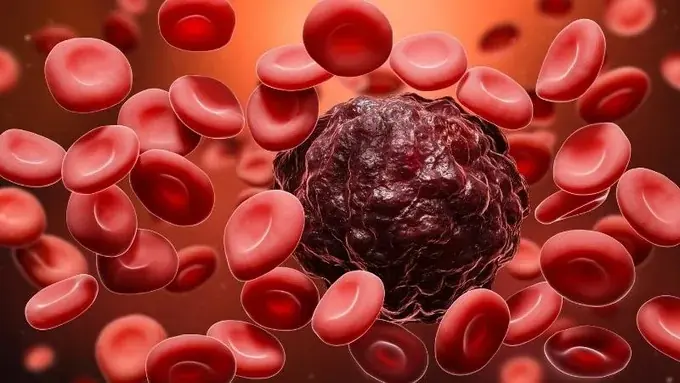
3 Pain Areas on the Body That Could Signal Early-Stage Cancer: Don’t Delay, or It Could Spread
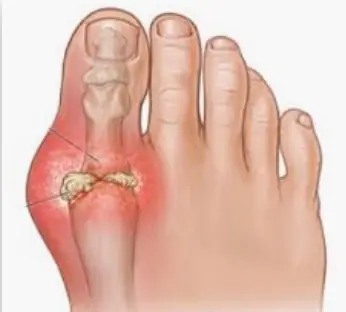
Natural Solutions for Gout: Tackling Uric Acid to Prevent Pain
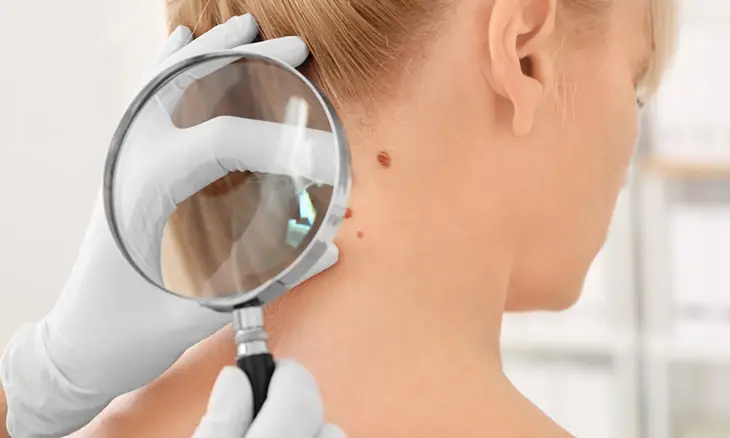
Don't Ignore These 15 Common Cancer Symptoms: A Guide to Early Detection
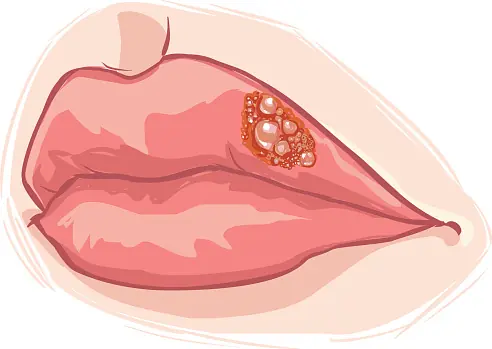
5 Hidden Nutritional Deficiencies You Likely Have (and How to Fix Them)

3-Year-Old Girl Bites and Swallows Mercury from a Broken Thermometer — Her Mother’s Quick Thinking Saves Her Life and Earns Praise from Doctors
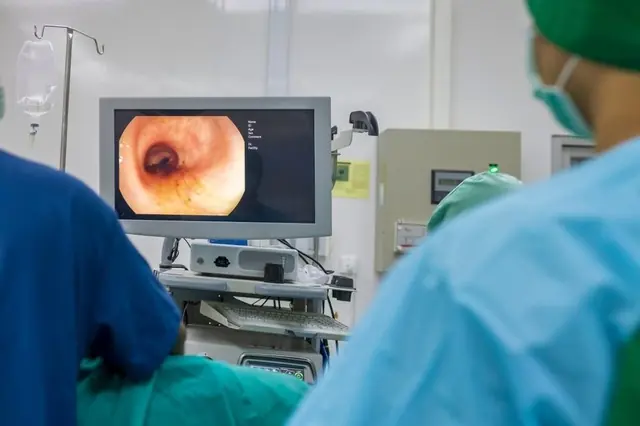
More and More Young People Are Suffering from Colon Cancer — Doctors Warn: Eat Less of These 3 Things!
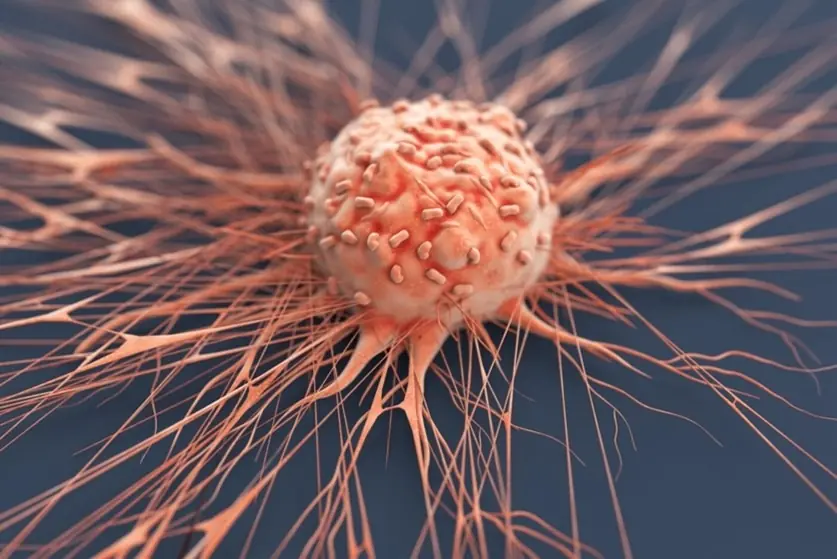
Diagnosed with Late-Stage Stomach Cancer, I Painfully Realized: 3 Foods Left Too Long in the Fridge Were the "Accomplices"
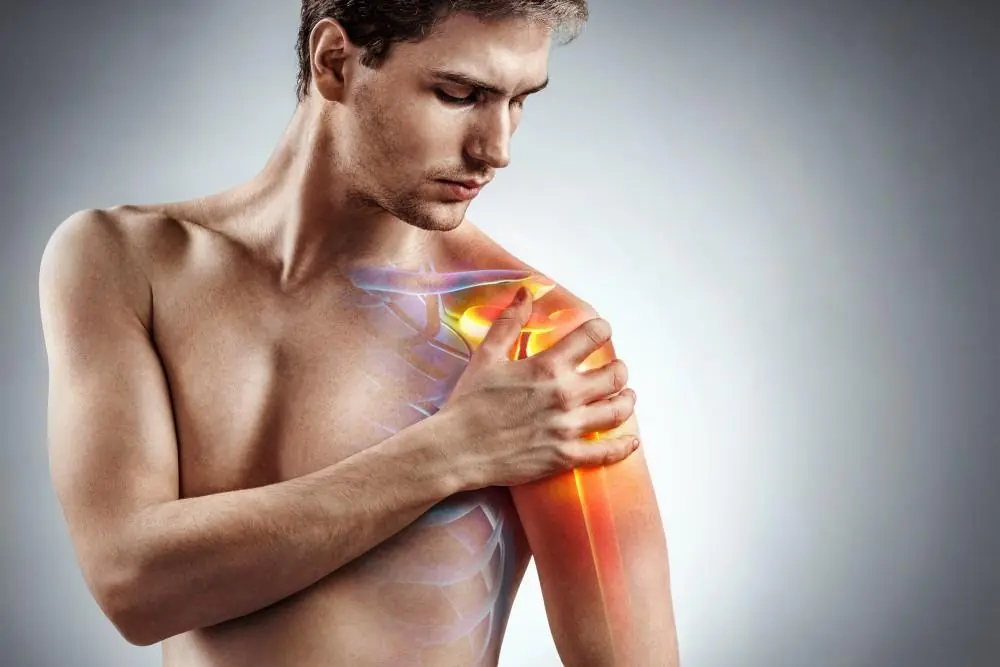
Waking Up to Shoulder Pain: Causes, Solutions, and How to Sleep Soundly
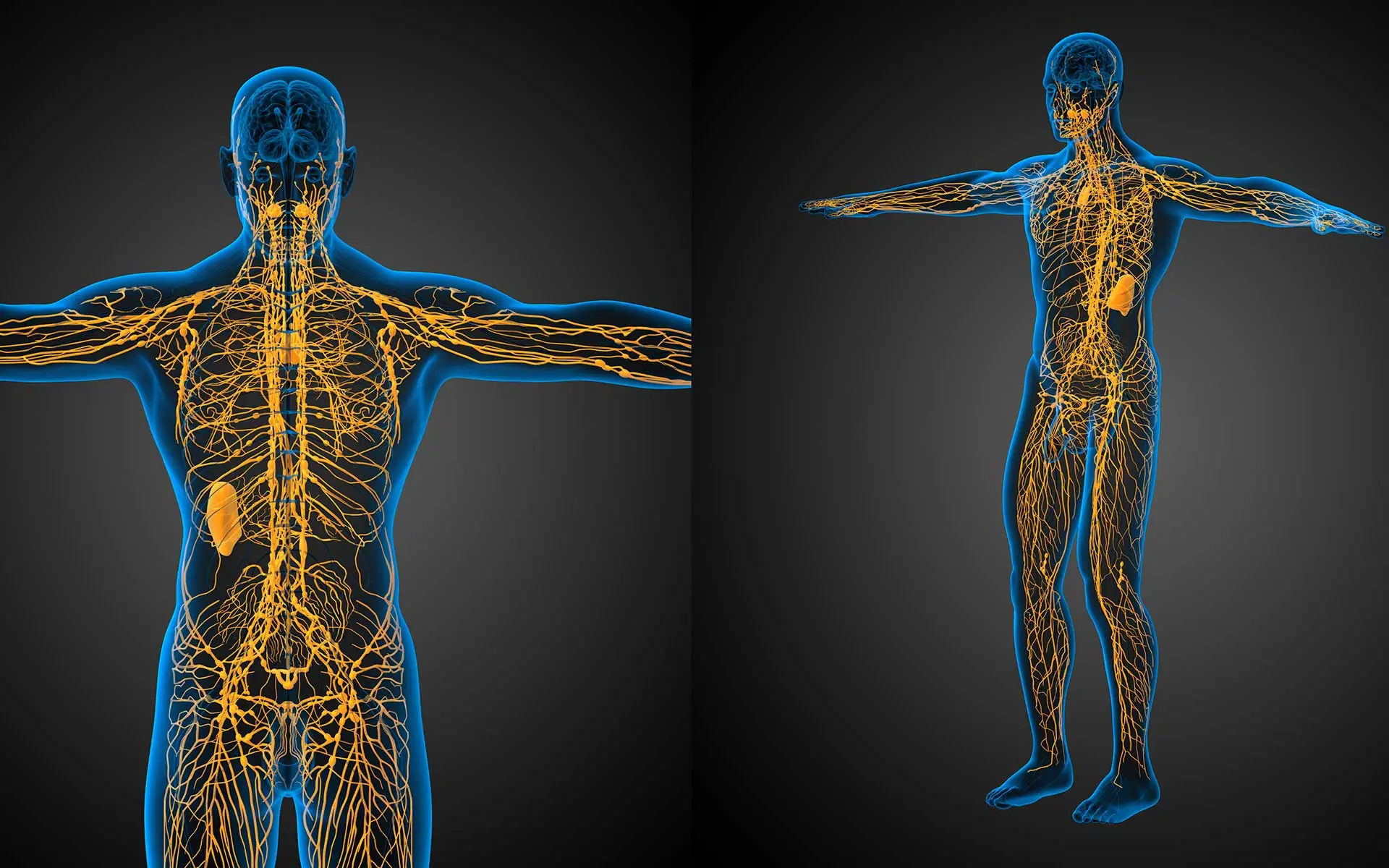
Your Lymphatic System: A Hidden Key to Lifelong Health

Doctors Issue Urgent Warning: Weight-Loss Jab Users Risk Malnutrition and Muscle Loss Amid Diet Concerns

You Should Never Ignore These 9 Things Your Fingernails Reveal About Your Health
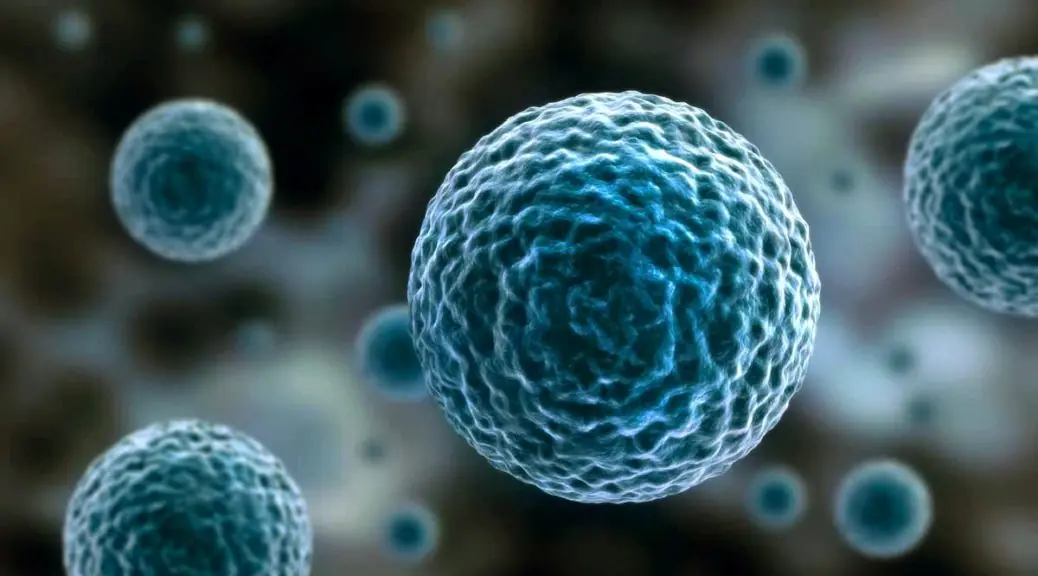
6 Foods That Are Not Compatible with Tumors, Remember to Eat Them Regularly
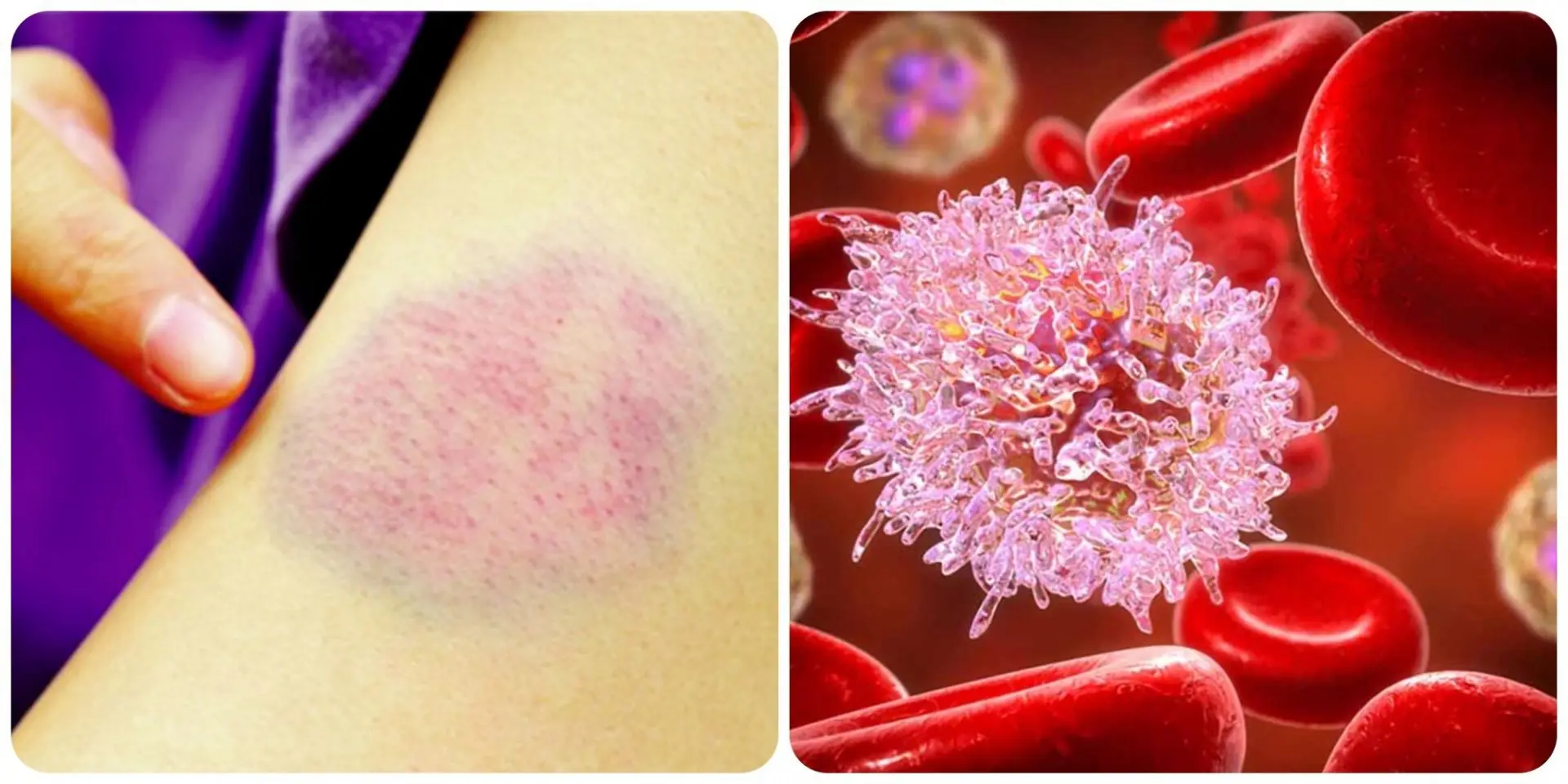
Before Cancer Knocks: 4 Signs on Your Hands and Feet Not to Be Ignored
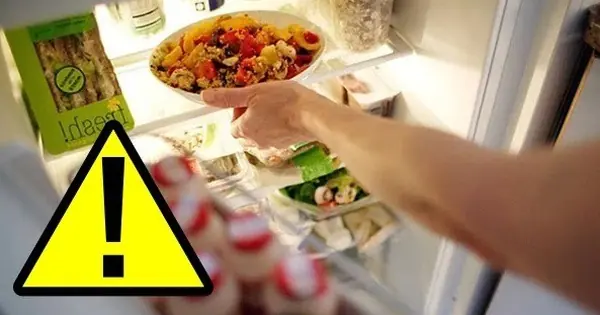
Doctors Warn: 4 Food Storage Habits in the Refrigerator That Can Cause Cancer
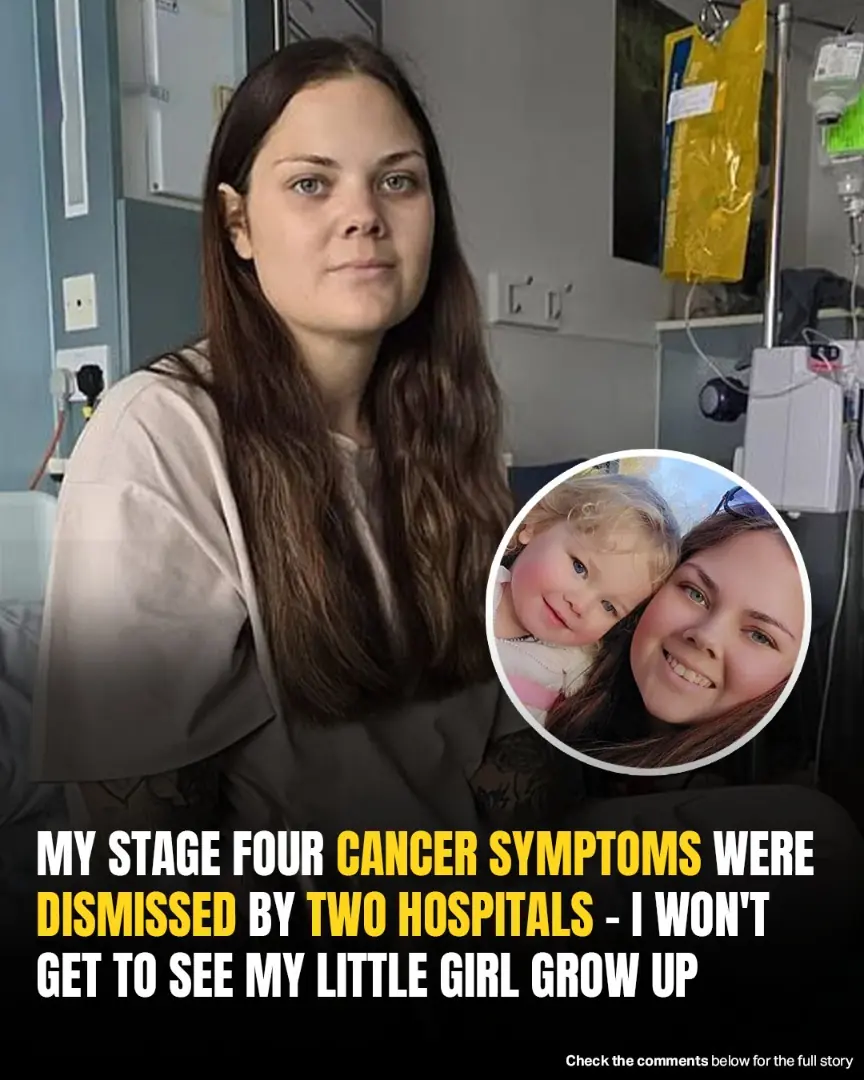
Doctors Said It Was Gallstones—But It Was Stage Four Cancer
News Post

AI is Finally Learning to Translate Cat Meows Into Human Speech. Here Are the Tools to Try
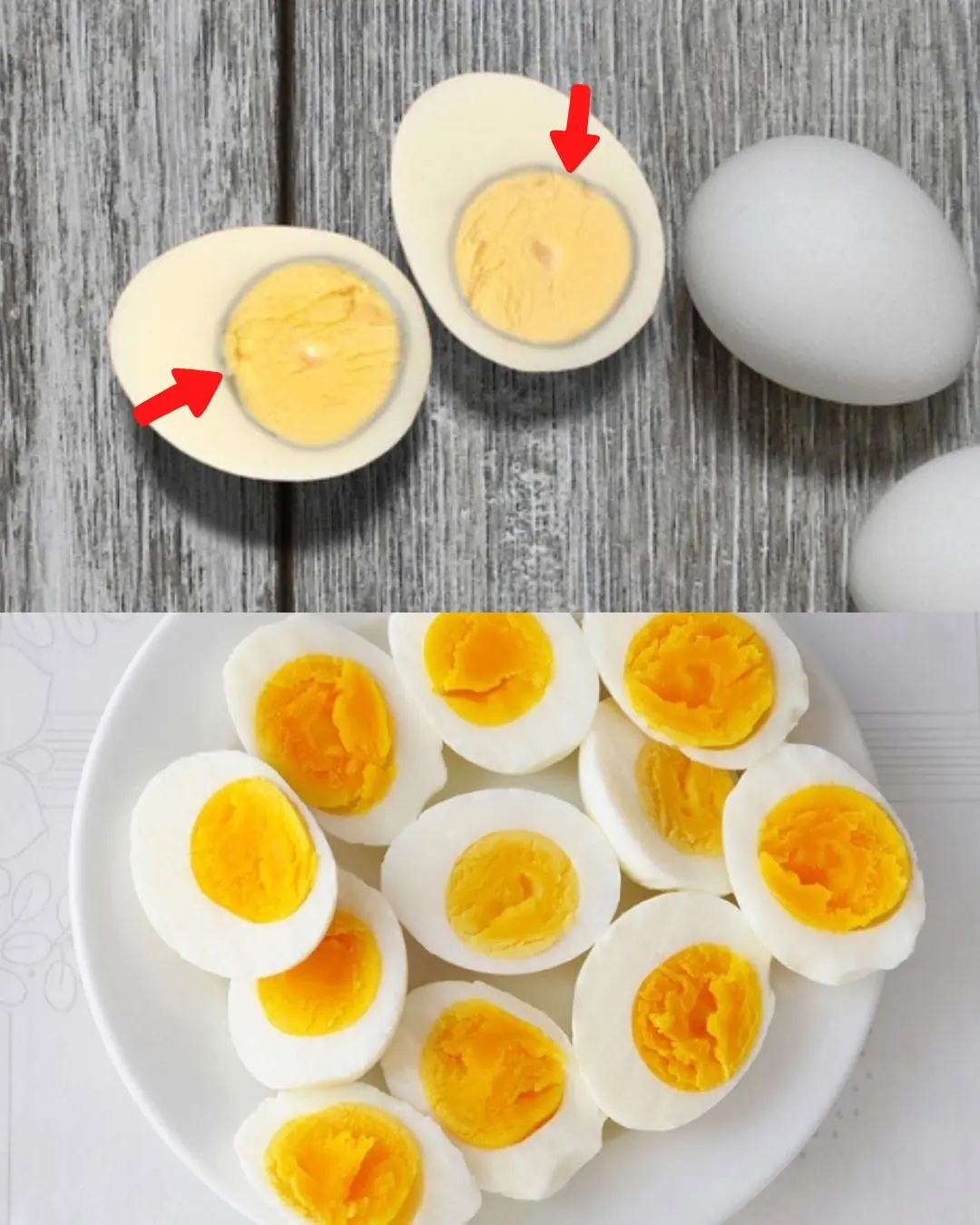
What causes the green ring around hard-boiled eggs?
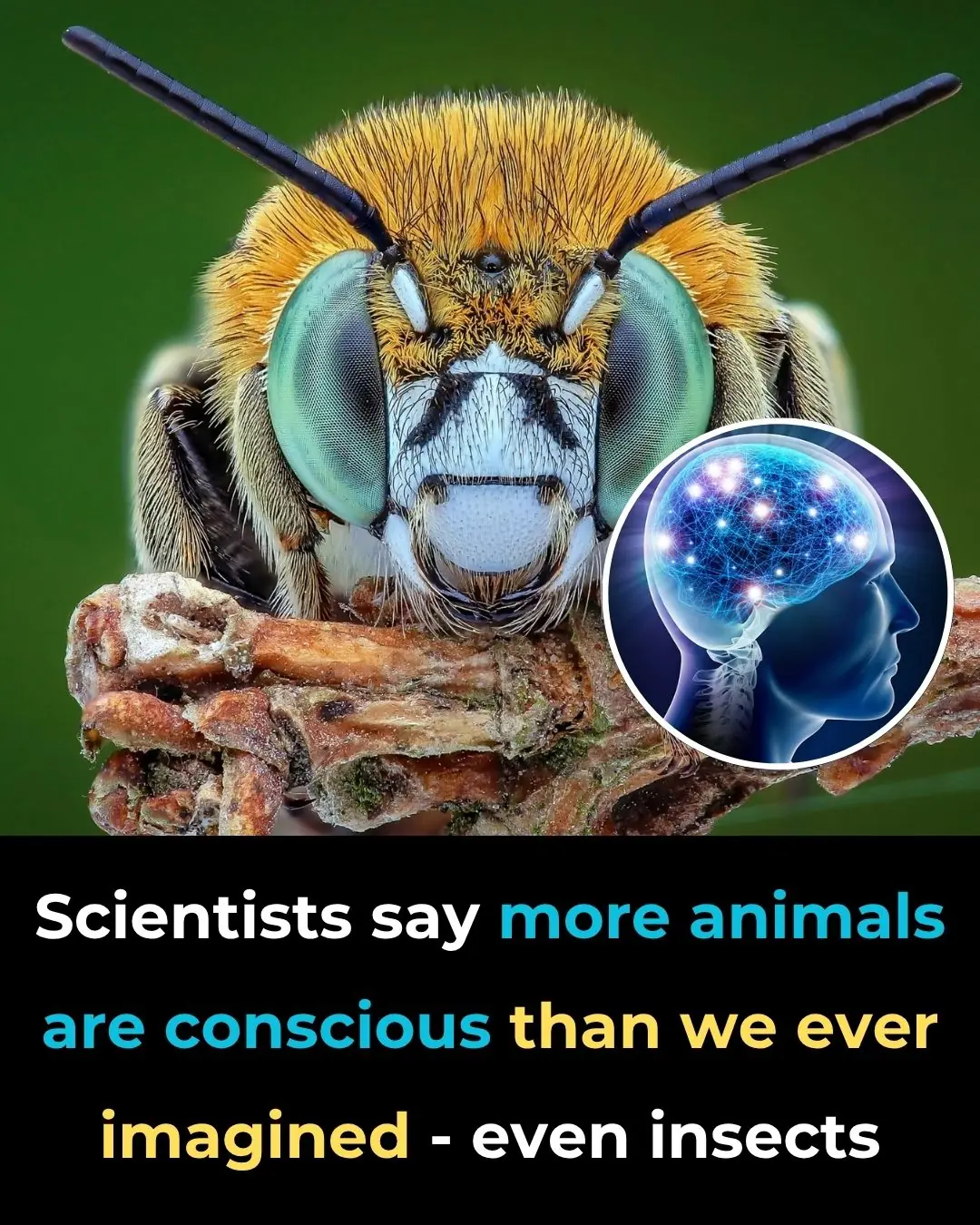
Scientists Say More Animals Are Conscious Than We Ever Imagined—Even Insects
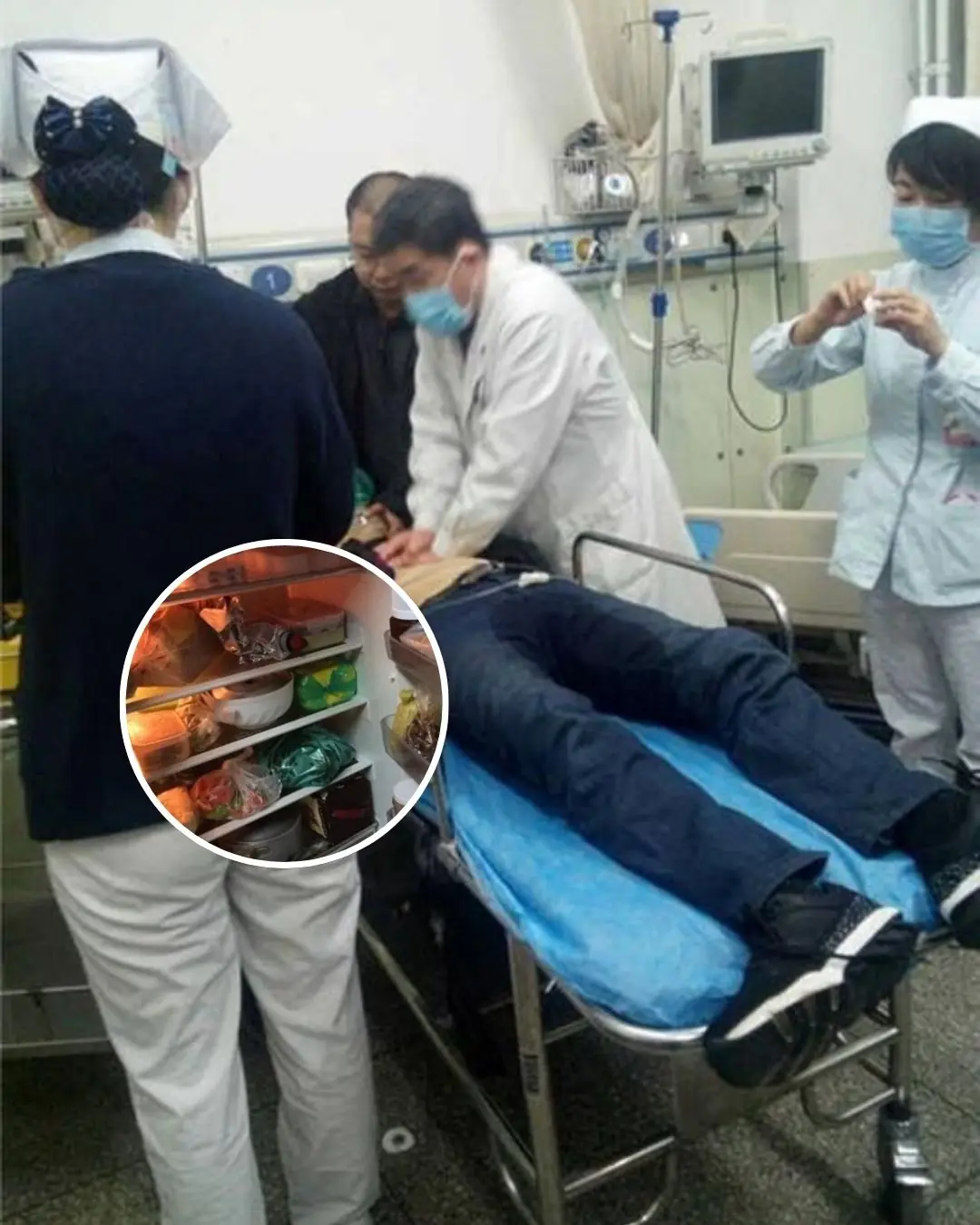
5 foods you should never keep overnight

63 Earths Can Fit Comfortably Inside Uranus

Scientists Develop Eco-Friendly Concrete Alternative From Sugarcane Waste, Called Sugarcrete

Mom Tells Boy He Can Pick Any Animal At Shelter. He Picked This Eldery, Overweight And Shy Cat

A New Study Suggests We Might Be Sitting Inside a Huge Cosmic Void and That Could Solve One of the Biggest Puzzles in Cosmology

Proven Health Benefits of Celery & Nutritional Facts (Evidence-Based)

Mold Illness: What It Is, Hidden Signs, and How to Protect Your Home

80% of Heart Attacks Are Preventable: Embrace These 5 Simple Habits

Warning from Hospitals: Eating This Type of Meat Every Day Can Increase Cancer Risk – Don’t Be Complacent!

3 Pain Areas on the Body That Could Signal Early-Stage Cancer: Don’t Delay, or It Could Spread

What Your Ankle Bracelet Really Says About You — It’s More Than Just Jewelry

Truth behind viral statement after married CEO caught with employee on Coldplay kiss cam
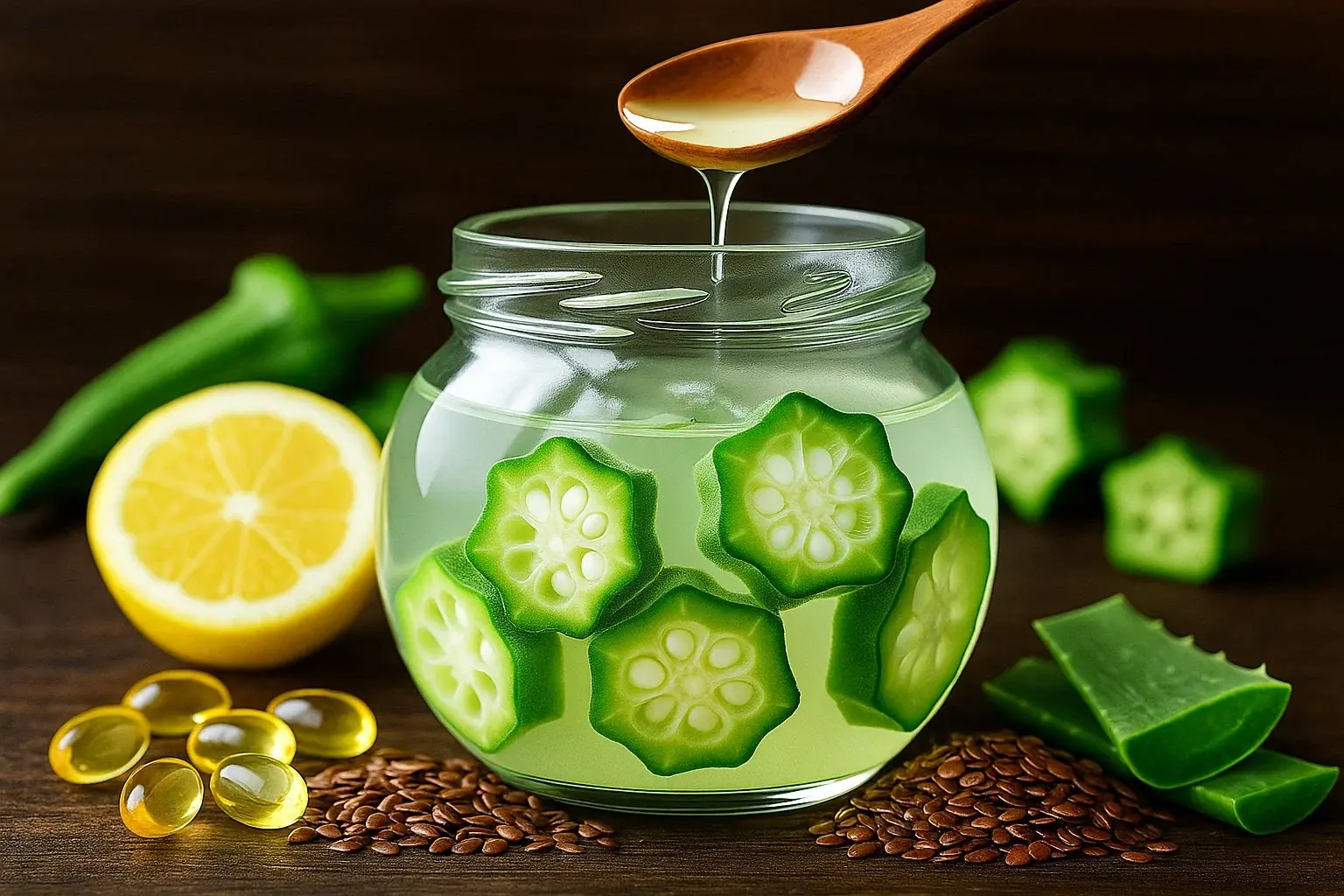
DIY Okra Face Gel Recipe for Radiant, Firm Skin: Collagen Boosting Skincare Solution for Glowing Skin
By incorporating this okragel into your nightly skincare routine, you can enjoy smoother, firmer, and more radiant skin in just a few simple steps.
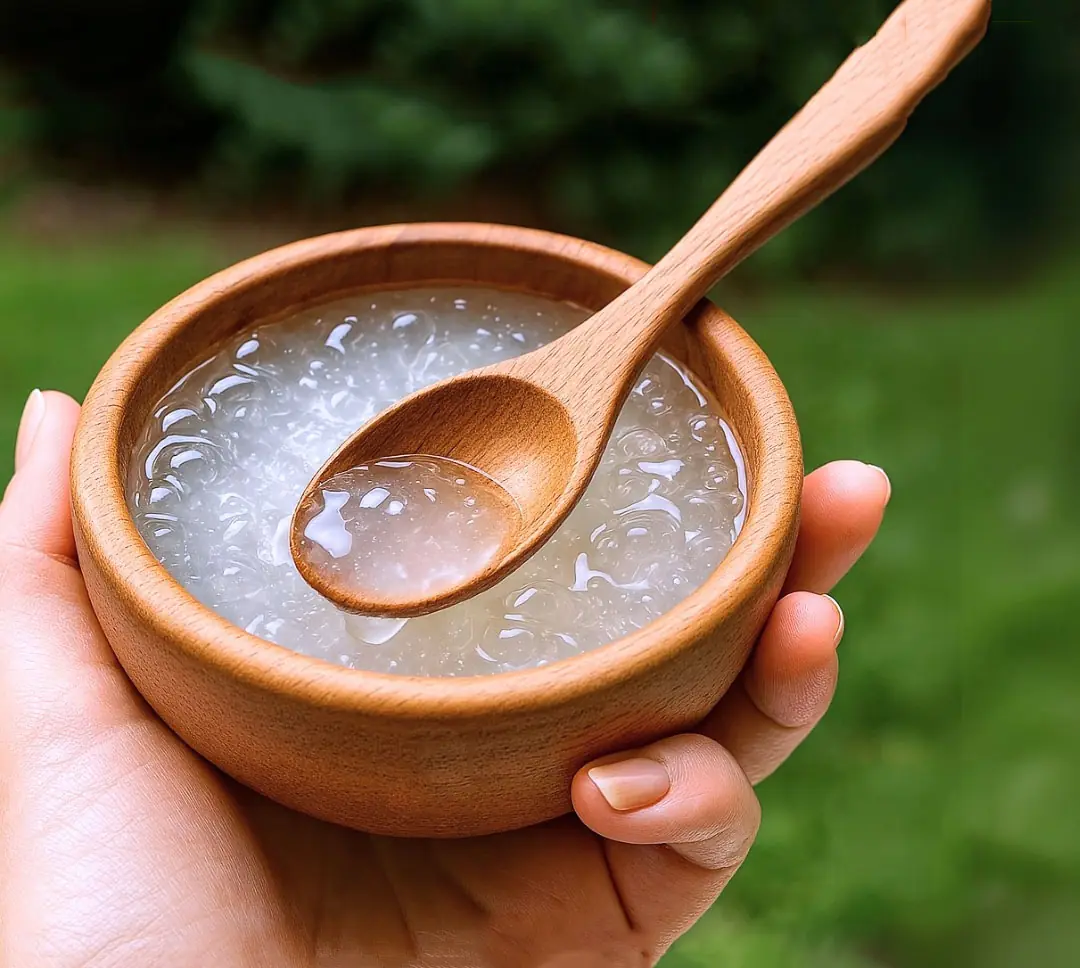
Homemade Rice Face Cream: A Simple, Natural Skincare Solution to Achieve Radiant Glass Skin in 7 Days
It’s time to create the DIY rice face cream that will help you achieve glowing, glass-like skin in just 7 days.

Natural Solutions for Gout: Tackling Uric Acid to Prevent Pain
